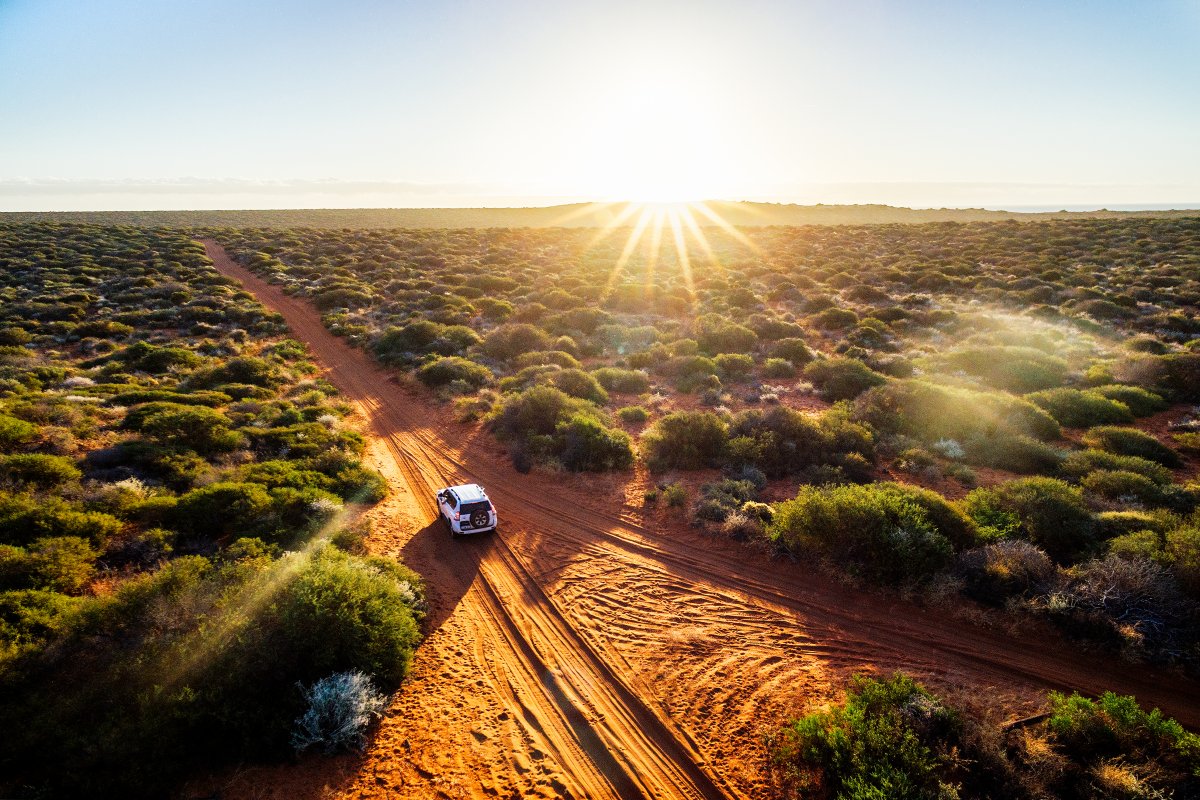De-risking is the geopolitical buzzword these days. Under the motto “economic security”, countries increasingly want to take over the production of key products themselves and make themselves less dependent on large suppliers when it comes to raw materials. When it comes to critical minerals for batteries, solar cells and other products of the decarbonized economy, “the West” has recently turned to Australia as an alternative to China, which has so far dominated the processing of many raw materials.
Advertisement
Many governments fear that China could use its large world market shares as an economic lever in political conflicts. According to the International Energy Agency (IEA), China controls 87 percent of the processed raw materials for rare earths, 65 percent for cobalt and 58 percent for lithium. The resource-rich US ally Australia is therefore imposing itself as a supposedly more reliable alternative.
26 “critical raw materials” from Australia
The country is already the largest producer of raw lithium. Australia ranks third and fourth for cobalt and rare earths. The country also has significant reserves of other metals important for the energy transition, including aluminium, nickel and copper. In total, the Australian government lists 26 “critical commodities” ranging from aluminum to zirconium.
Management consultant PwC points out in a study that “the supply of critical minerals will determine the world‘s path to net-zero energy consumption”. Due to the increasing demand, supply bottlenecks are unavoidable. In the eyes of the consultants, the energy transition offers Australia the unique opportunity to leave the dig-and-ship economy behind and to build up “more value-adding capacities”.
Japan has always tried everything possible with electronics – and often the impossible. Every Thursday our author Martin Kölling reports on the latest trends from Japan and neighboring countries.
Australia’s strategy to 2030 for critical raw materials
Advertisement
What is meant by this is that Australia has so far mostly mined raw materials and exported them unprocessed. China has taken advantage of this globally widespread division of labor between raw material extraction and further processing and has made targeted investments in the further processing of important raw materials in order to occupy important markets. The Australian government now wants to change this with the help of the USA, its allies and countries critical of China.
Last week the government presented its strategy for critical raw materials up to 2030. The Northern Australia Infrastructure Fund added AUD 500 million (22 percent) to the already committed AUD 2.3 billion in subsidies.
Shenzhen, Hafen von Yantian
(Bild: zhangyang13576997233 / Shutterstock.com)
The war in Ukraine has shown painfully that dependence on resources comes at a high price. But can the wheel still be turned back? So let’s take a look at the supply situation. To what extent Europe could supply itself with strategically important raw materials and what that means for industry, we want to explore with a raw materials article series.
In addition, the Australian government is subsidizing the construction of plants for the local processing of raw materials with one billion Australian dollars. The production of renewable energies and hydrogen is also being strongly promoted in order to make the sunny country an exporter of energy.
There is no shortage of cooperation partners. The USA, Great Britain, Germany, the European Union, Japan, South Korea and India have already concluded agreements with Australia in the past few months. Germany and Australia, for example, agreed in April on a study examining how Australian industries can be developed in the areas of extraction, processing and recycling of critical minerals. “It will also help Germany secure supplies of critical minerals for manufacturing and recycling,” the two governments said.
(jl)
To home page
